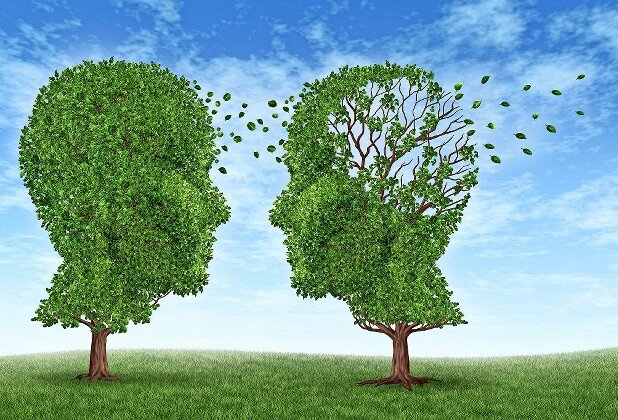Willing hearts and hands bridge Alzheimer’s gap
Alzheimer’s disease is a chronic neurodegenerative disease that affects millions of people worldwide. It is a progressive condition that gradually destroys one’s memory, communication, and cognitive abilities. Unfortunately, not only does Alzheimer’s disease affect the patient, but it also has a profound impact on the patient’s family members, friends, and loved ones.
One of the most challenging aspects of Alzheimer’s disease is the emotional toll it takes on family members. As the disease progresses, patients often struggle with memory loss, confusion, and personality changes. Watching a loved one struggle with these symptoms can be incredibly difficult, and it can be challenging for family members to know how to offer support. This is especially true for spouses and adult children who may find themselves in the role of caregiver, which can be emotionally draining.
In addition to emotional stress, families of Alzheimer’s patients often face significant financial challenges. The cost of care for Alzheimer’s patients can be substantial, as patients often require round-the-clock care and assistance with daily living activities. This can be a significant burden on families who may be struggling to make ends meet or provide for their own needs.
The impact of Alzheimer’s disease on families can also be felt in social relationships. Family members may find that they no longer have the same level of intimacy or connection with their loved one as the disease progresses. They may also experience social isolation as they become more focused on caring for their loved ones and less able to participate in social activities.
Despite the challenges, many families find ways to cope with the impact of Alzheimer’s disease. Support groups and caregiver consultations can help families navigate the emotional challenges of caring for a loved one with Alzheimer’s.
Parker’s Willing Hearts, Helpful Hands Program provides support and guidance to families, including support groups, educational programs, and caregiver consultation services. By seeking out these resources, families can better navigate the challenges of caring for a loved one with Alzheimer’s disease and improve their overall quality of life.
The Willing Hearts, Helpful Hands Program, a free community service of the Parker Jewish Institute, provides free assistance to caregivers of individuals with Alzheimer’s disease and other dementias living in Nassau and Suffolk counties.
Parker is offering this program because it knows that many family caregivers are at their breaking point and need support to carry on.
Whether as a friend or a family member, caring for an older adult can be a challenge. The Willing Hearts, Helpful Hands program is dedicated to easing the many burdens associated with being a caregiver of an older adult with Alzheimer’s disease or other dementia.
If you are a caregiver who could use some “helpful hands,” simply complete the Caregiver Application to request assistance or call the Caregiver HelpLine at 516-586-1507 to learn more.
The Parker Jewish Institute for Health Care and Rehabilitation is located in New Hyde Park.






